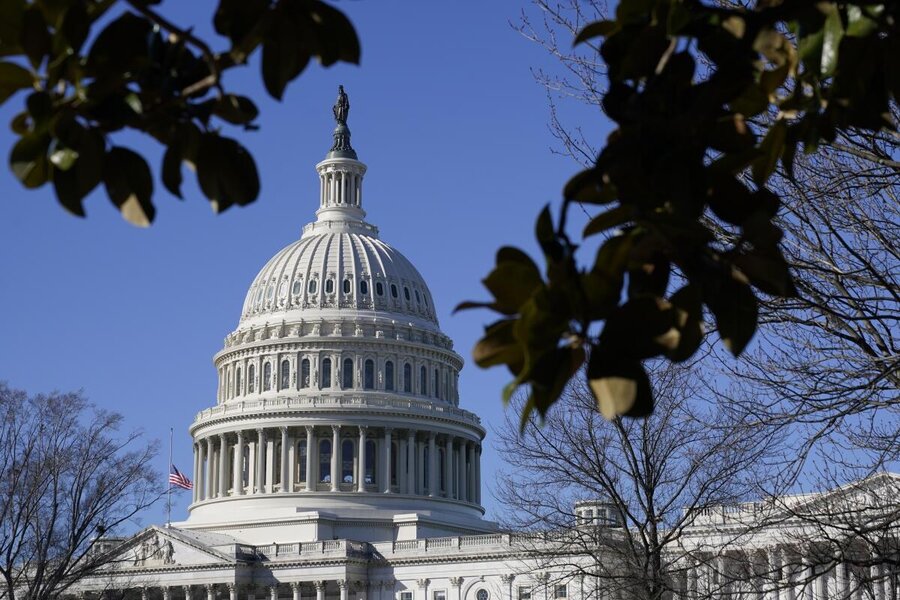The House of Representatives failed to pass a $7 billion spending measure to fund part of the government for fiscal year 2025 after a number of Republican members voted against it, in a setback for House Speaker Mike Johnson (R-La.) and other GOP leadership.
The Republican-backed Legislative Branch Appropriations Act of 2025 failed by a vote of 205–213.
Among the 10 Republicans who voted against the measure were Reps. Matt Gaetz (R-Fla.), Andy Biggs (R-Ariz.), Tim Burchett (R-Tenn.), Bob Good (R-Va.), and Matt Rosendale (R-Mont.). These members have previously opposed House Republican leadership, including voting to remove House Speaker Kevin McCarthy from office in 2023.
Other Republicans who voted against the bill were Reps. Andrew Clyde (R-Ga.), Debbie Lesko (R-Ariz.), Ralph Norman (R-S.C.), and Keith Self (R-Texas).
“More spending. It was a 5.6 percent increase. I voted no on that because we killed all the cost-saving amendments. Everybody’s trying to protect their little fiefdoms, it seems,” Mr. Burchett said in a video posted on social media after the vote.
“The country is approaching $35 trillion in debt!” Mr. Gaetz wrote on social media platform X.
“I voted against the legislative appropriations bill because we shouldn’t proceed by increasing spending within our own house. We should be cutting spending for every entity in government and should be leading by example,” he added.
In response to questions about why the bill failed, Mr. Johnson said: “We’ll talk about that later. We’re not deterred in any way. We’re getting the job done here.”
To the disappointment of some members, the bill didn’t include a cost-of-living adjustment to their salaries, which have been static at $174,000 for the past 15 years.
“This is a serious issue as to whether or not the only people that could serve here are rich people,” Rep. Steny Hoyer (D-Md.) said at a committee hearing about the bill on June 13.
After the vote, Republican members expressed doubts that the body would collaborate to get its appropriations legislation completed on time.
“I think the appropriations bills are going to have a difficult time getting through,” Rep. Carlos Giménez (R-Fla.)said after the vote.
“We’re probably looking at some kind of continuing resolution sometime in September, when the question is how long is that continuing resolution going to be for?”
The House is currently reviewing 12 annual appropriations bills to fund the government for the fiscal year starting after September 30. Four of these bills, which allocate funds to the Department of Defense, State Department, Department of Homeland Security, and Department of Veterans Affairs, have already been approved by the House.
Mr. Johnson stated that he still intends to pass all 12 bills before the August recess. He had pledged to cancel the planned August recess if all spending bills were not passed before he became speaker.
The bill’s defeat stood in stark contrast to the optimistic mood at a news conference earlier that morning. During the event, House Appropriations Committee Chairman Tom Cole (R-Okla.) praised his committee for completing all bill markups.
“We’ve done our job,” he said.
Share your thoughts by scrolling down to leave a comment.













